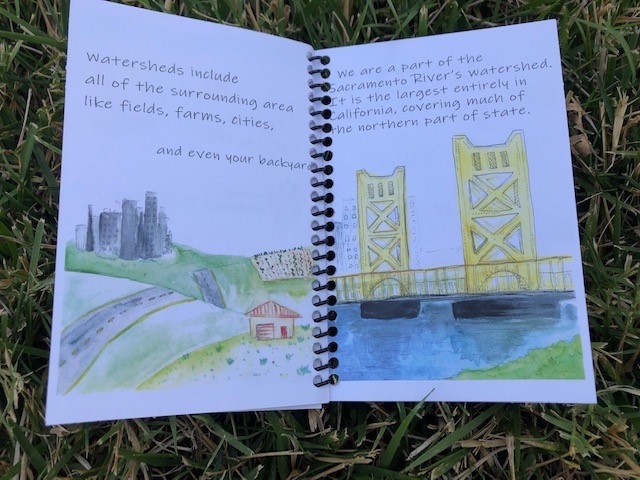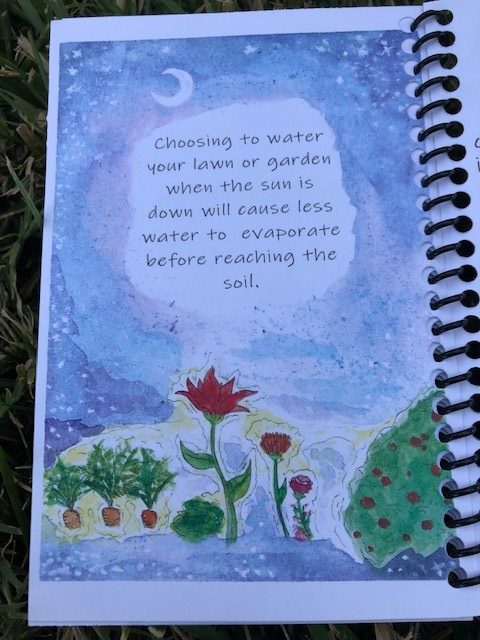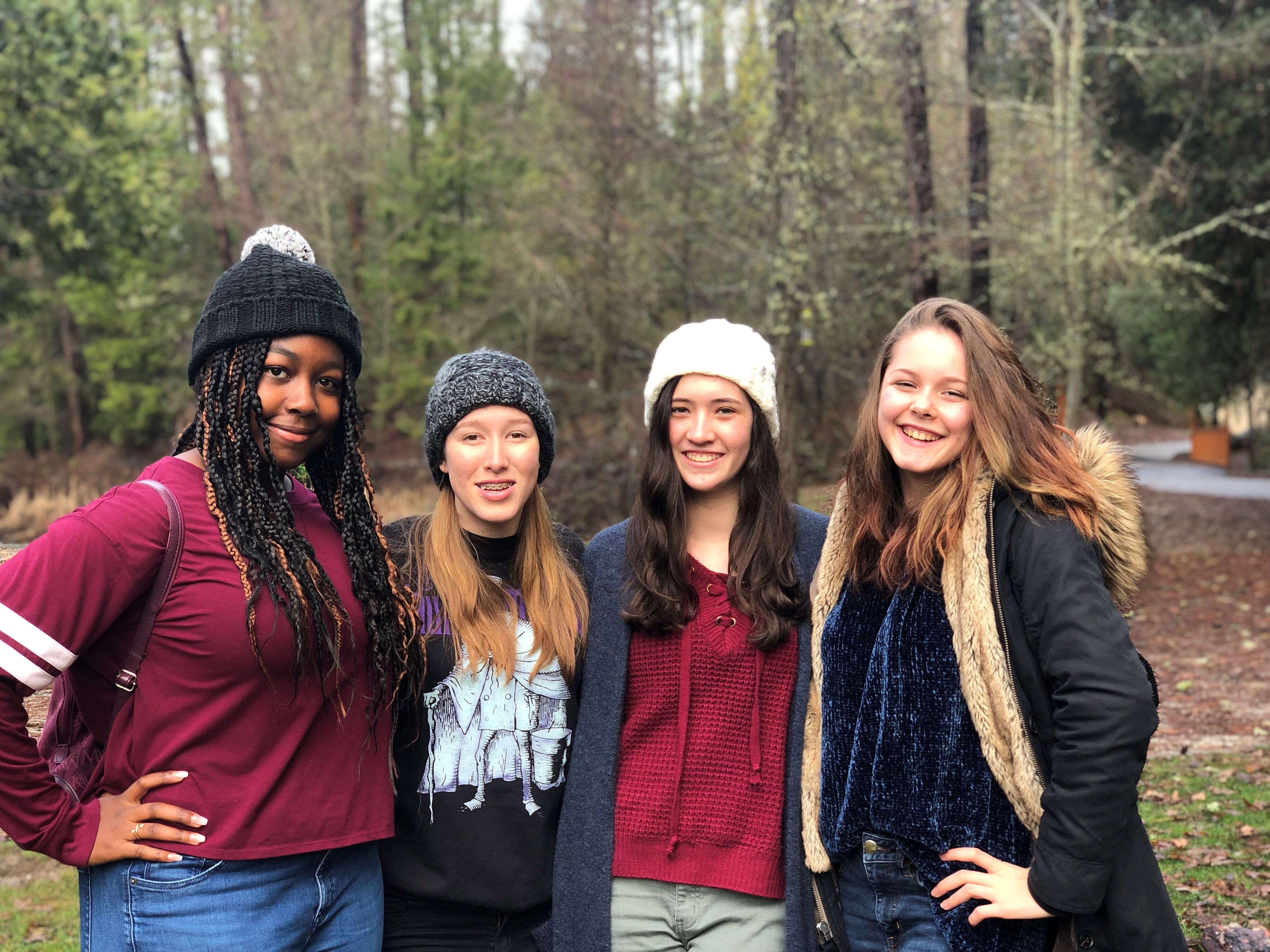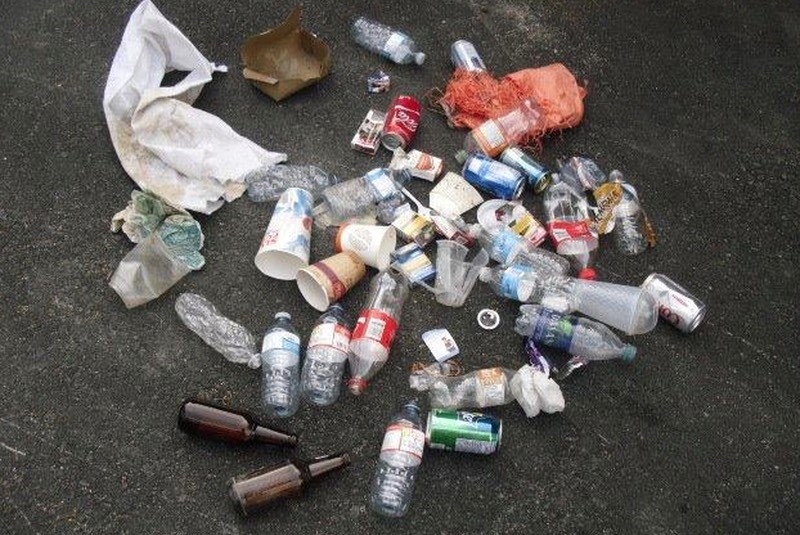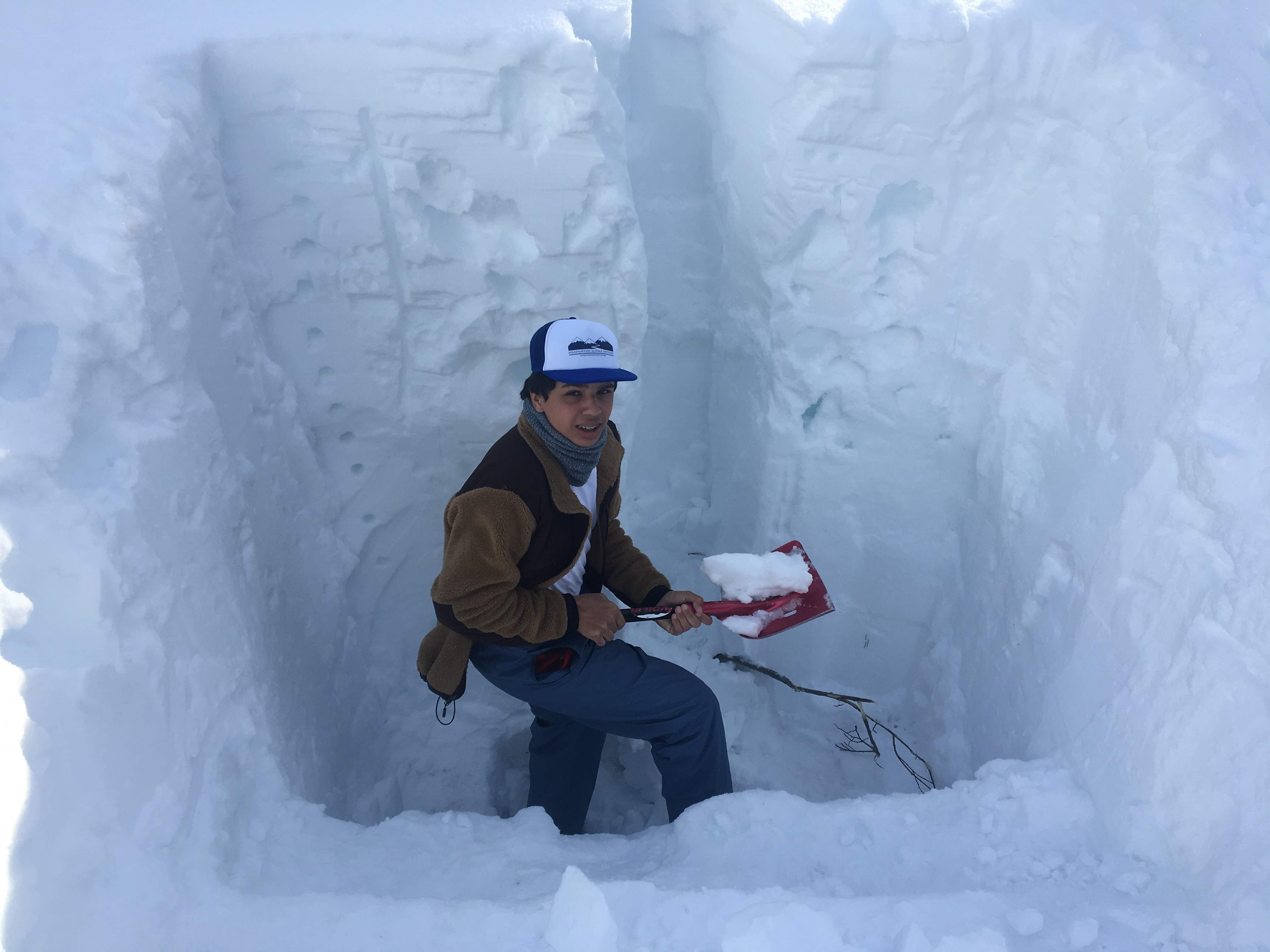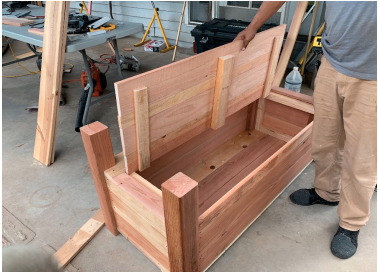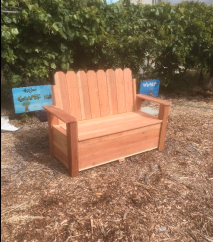2021, Winnipeg, MB, Canada
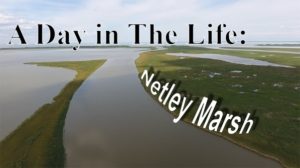 Xavier, a student at Lord Selkirk Regional Comprehensive Secondary School, wanted to create an educational resource to teach Manitoba students about the importance of the Netley-Libau marsh that borders Lake Winnipeg. He decided to create a documentary to not only educate people, but to take them there on a virtual “visit”, as well. This resource can be used by students, teachers, and anyone who wishes
Xavier, a student at Lord Selkirk Regional Comprehensive Secondary School, wanted to create an educational resource to teach Manitoba students about the importance of the Netley-Libau marsh that borders Lake Winnipeg. He decided to create a documentary to not only educate people, but to take them there on a virtual “visit”, as well. This resource can be used by students, teachers, and anyone who wishes 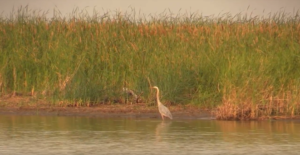 to learn more about the importance that this vast wetland holds for the Lake Winnipeg watershed.
to learn more about the importance that this vast wetland holds for the Lake Winnipeg watershed.
“Located at the mouth of the Red River and the south end of Lake Winnipeg in Manitoba, Canada, Netly-Libau Marsh is one of the largest and most important coastal wetlands in North America. This is its story.”


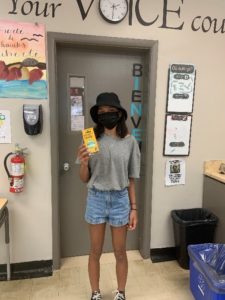
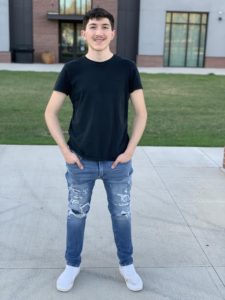
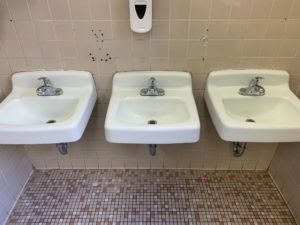
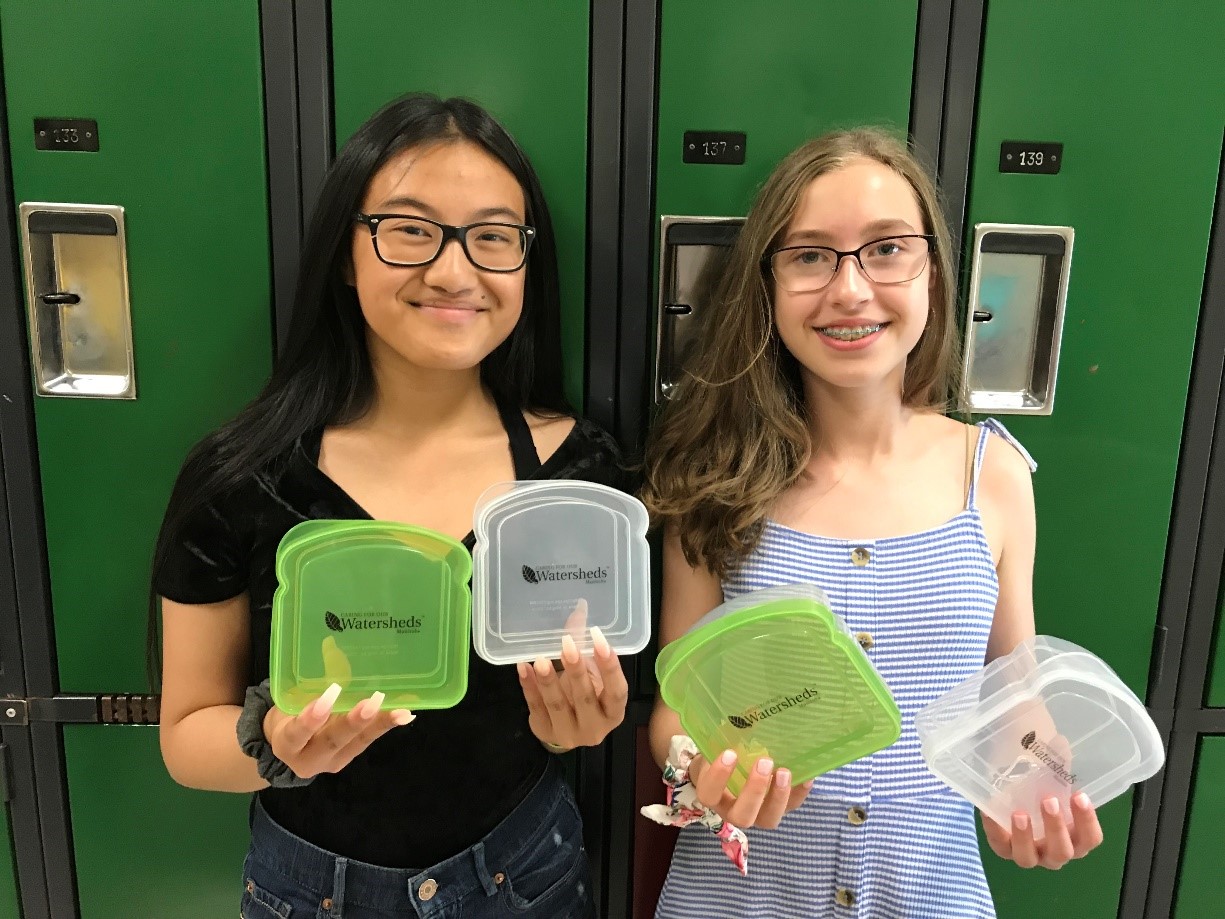 2019, Winnipeg, Manitoba, Canada
2019, Winnipeg, Manitoba, Canada
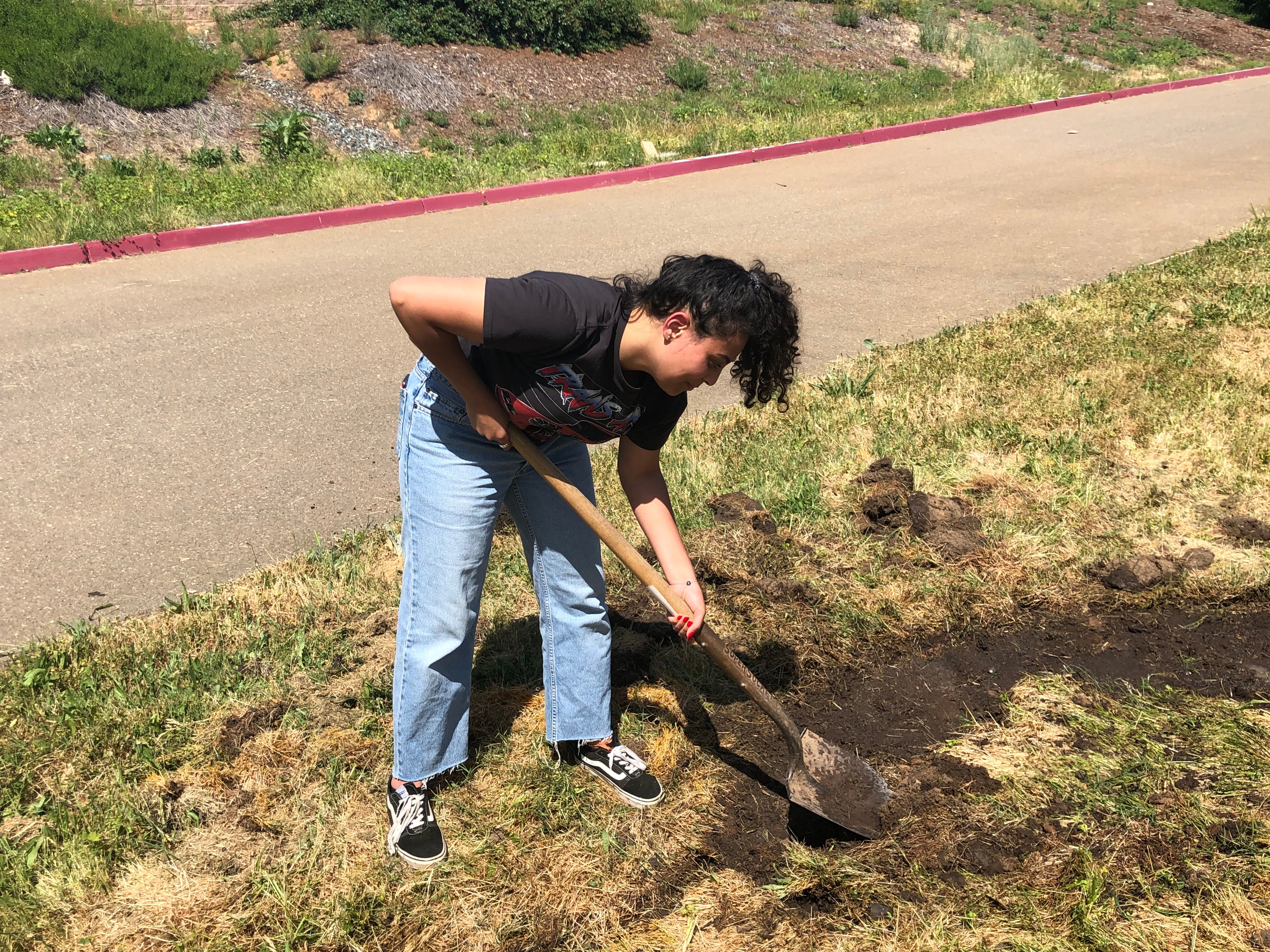

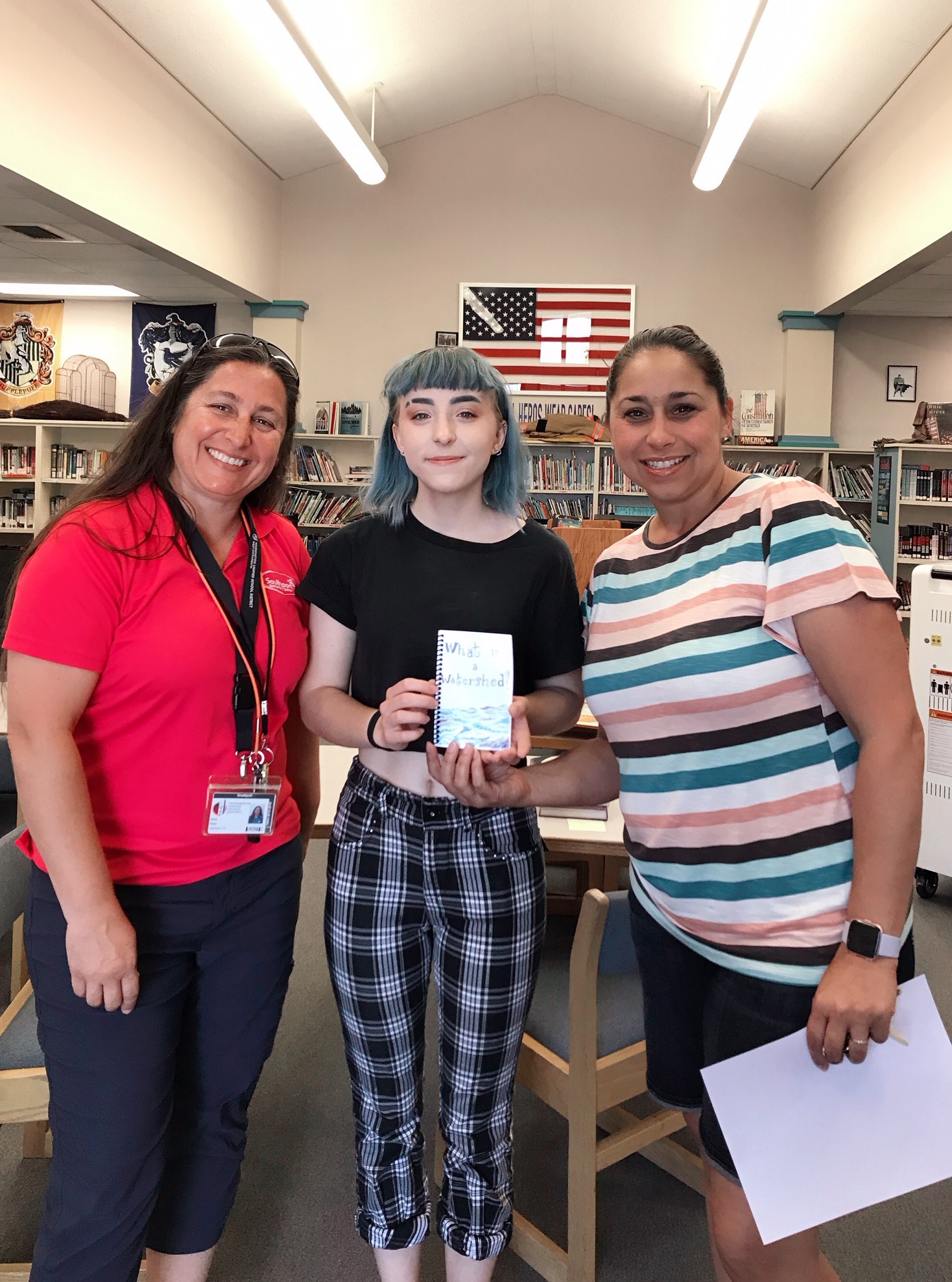 2019, West Sacramento, California, USA
2019, West Sacramento, California, USA